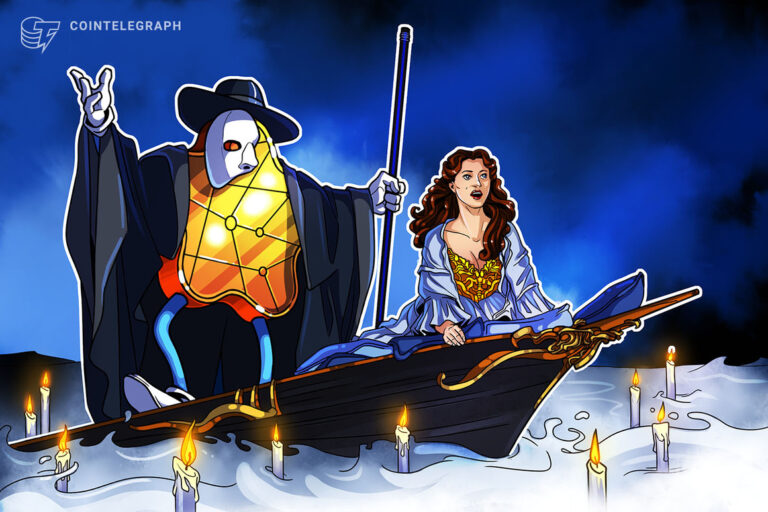
The music business is a serious adopter of Web3 integration, with use circumstances starting from track rights to blockchain-based streaming to new types of digital publishing.
Genres like pop, EDM, and hip-hop have historically been nonfungible tokens (NFTs) within the music business. Classical music, and opera particularly, was simply discovering its means, nevertheless.
Dwelling Opera, a Web3 neighborhood that mixes classical music with blockchain innovation, is popping to rising expertise to provide a brand new voice to prestigious artwork and the artists who carry out it.
Soula Parassidis, CEO of Dwelling Opera, informed Cointelegraph in an interview that the premiere of the Magic Mozart NFT assortment is a chance to introduce the progressive world of fintech to the normal world of classical music and vice versa.
“We wished it to be simple to know, low-risk, and to make folks really feel comfy.”
Parassidis explains that these NFTs pay tribute to the idea of “musical cube video games,” a cube recreation by which music is randomly generated from pre-designed choices. This is without doubt one of the earliest examples of generative artwork and is alleged to be attributed to Mozart.
Musicians have used NFTs for added income and incentives for followers, like Grimes’ $5.8 million digital asset venture. This might imply an entire new life for classical music and a step into its relevance for the subsequent era.
A survey by the Nationwide Endowment for the Arts discovered that the share of adults in the US who attend at the least one opera per yr fell from an already low 3.2% in 2002 to 2.2% in 2017.
The pandemic escalated this by shutting down classical music venues and opera homes all over the world. One of many world’s main opera homes, the Metropolitan Opera, reported that its July 2021 revenues fell by $25 million from a yr earlier.
Associated: Consultants clarify how music NFTs will enhance the connection between creators and followers
Christos Makridis, Chief Working Off of Dwelling Opera, informed Cointelegraph that NFTs supply a brand new avenue for classical artists and opera singers to bypass the normal grant and basis utility course of.
“Blockchain-based digital belongings take away conventional boundaries that embody proposals, artist grants, and many others., permitting artists to have interaction instantly with philanthropists and eliminating a lot of these administrative prices.”
Makridis says NFTs give artists within the style entry to “short-term liquidity” they did not have earlier than.
Some classical artists have dabbled in private NFTs, resembling New Zealand composer Matthew Thomas Soong or American composer Poser Cristina Spinei.
In 2021, the Dallas Symphony Orchestra was one of many first pioneers of classical music NFTs. The orchestra launched an NFT as a fundraiser for musicians impacted by the Met Opera’s pandemic-related pay suspension.
Dwelling Opera’s DAO-like construction opens up micro-philanthropy for taking part artists and their initiatives. Parassidis highlighted the rarity of such improvements in a really conventional business and known as NFTs a catalyst for socio-cultural change.
“They can be utilized as a mechanism to attract consideration to voices, artwork types and causes that basically want extra publicity.”
Each Parsidis and Makridis say this expertise can assist appeal to younger folks to the artwork type and open up new avenues of engagement for longtime followers.